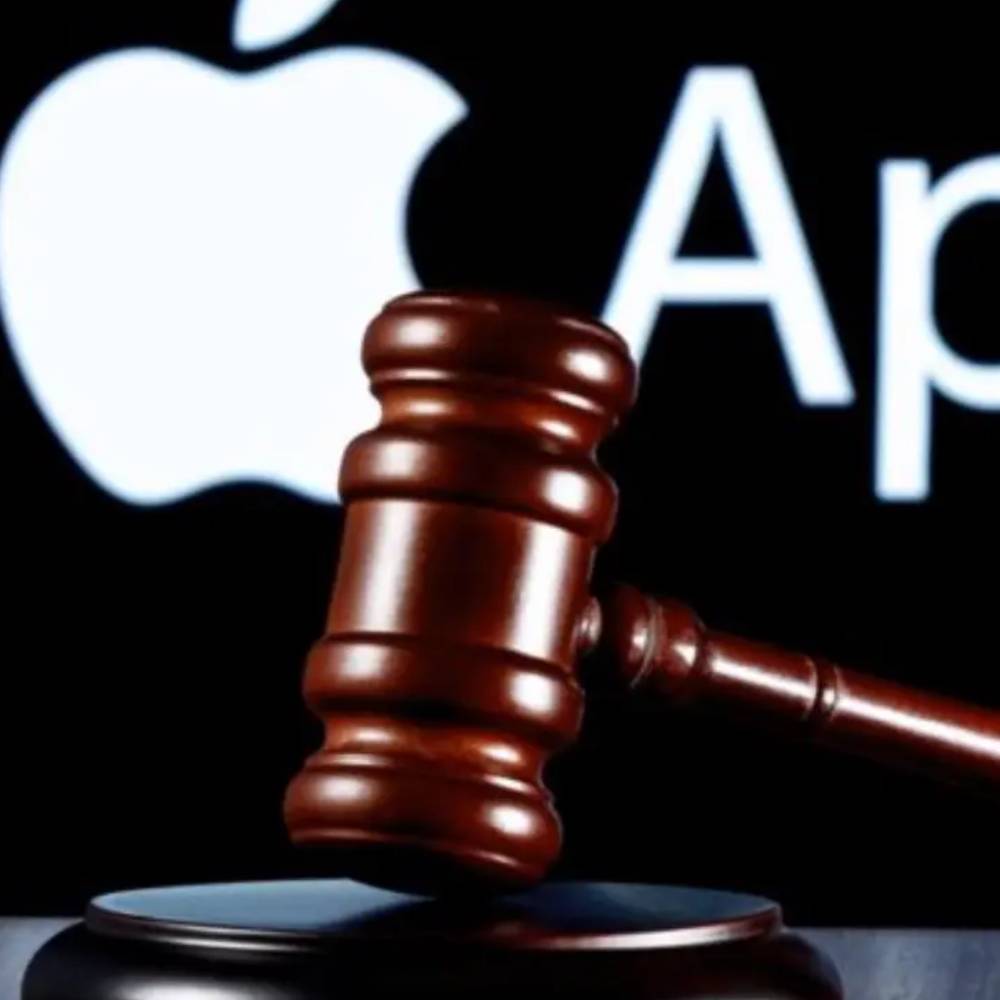At a recent press conference, US Attorney General Merrick Garland took a pointed stance against tech giant Apple, citing its alleged abuse of monopoly power in the smartphone market. This move follows a historic antitrust Apple lawsuit filed jointly by the Biden administration and 16 states, targeting Apple’s purported manipulation of the iPhone’s dominance to stifle competition. The crux of the Apple lawsuit centers on Apple’s tightly controlled ecosystem, including its App Store and user experience, which the plaintiffs argue unfairly favor Apple products over competitors. Beyond the legal intricacies, the outcome of this Apple lawsuit could fundamentally reshape the competitive dynamics of the smartphone market. If Apple is compelled to relax its control over the iOS ecosystem, consumers may benefit from increased choice and innovation.
Apple’s Response and Potential Ramifications
In response to the lawsuit, Apple issued a statement asserting its disagreement with the allegations and vowing to vigorously contest the legal action. The company emphasized the threat the lawsuit poses to its core principles and market differentiation. If the lawsuit succeeds, Apple may be compelled to relax some of its stringent policies, particularly its “walled garden” approach, which tightly regulates both hardware and software ecosystems. This could entail opening the iPhone to alternative app stores and allowing interoperability with technologies like Message on Android devices. The lawsuit against Apple represents a significant legal challenge to one of the world’s most influential tech companies. As the legal battle unfolds, the outcome could have far-reaching implications not only for Apple but also for the broader landscape of smartphone competition and consumer choice.
Alleged Anti-Competitive Practices Against Apple lawsuit
The Justice Department’s complaint highlights five key areas where it alleges Apple is engaging in anticompetitive behavior. One major contention revolves around Apple’s iMessage platform, which offers enhanced messaging capabilities but reportedly delivers inferior performance when communicating with non-Apple devices. Android users often receive grainy messages with delayed loading times and miss out on essential features like emoji responses and end-to-end encryption. The lawsuit argues that Apple’s intentional limitations create a perception of inferiority for rival smartphones, undermining fair competition in the market. Whether the allegations of monopoly abuse hold true will ultimately be decided through legal proceedings, but the case underscores the growing scrutiny faced by tech giants over their market dominance and business practices. Moreover, interoperability with non-Apple devices could promote greater connectivity and seamless communication across platforms. By breaking down the barriers between iOS and Android, consumers might enjoy a more unified experience, regardless of their choice of smartphone.
Curious to learn more? Explore this News on: Mr. Business Magazine







